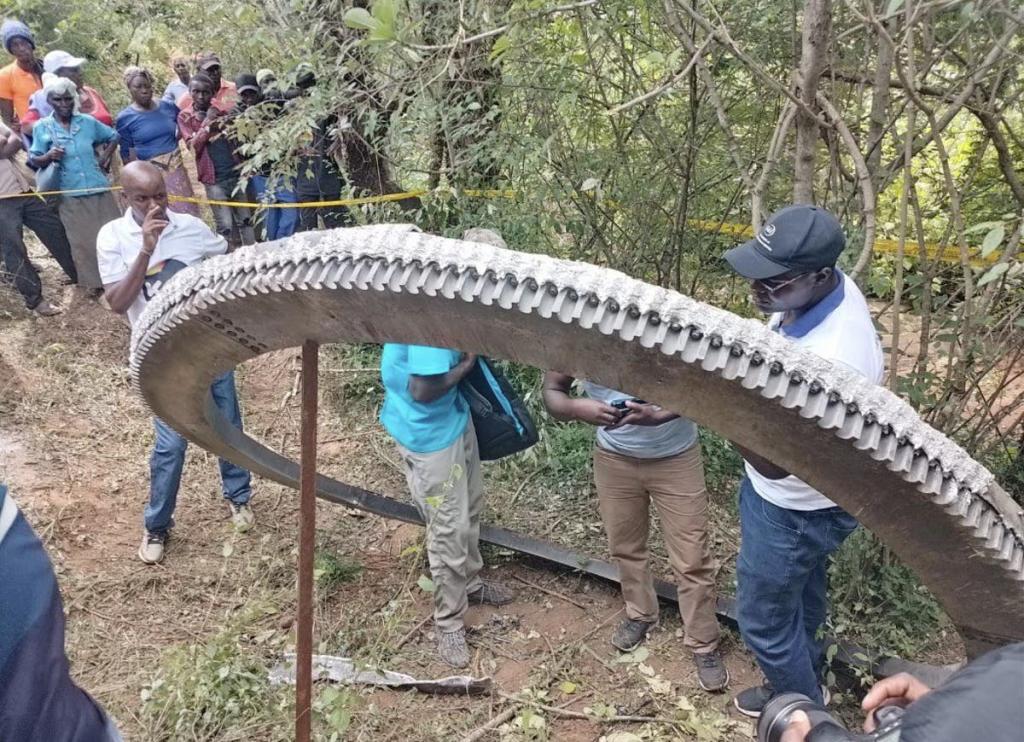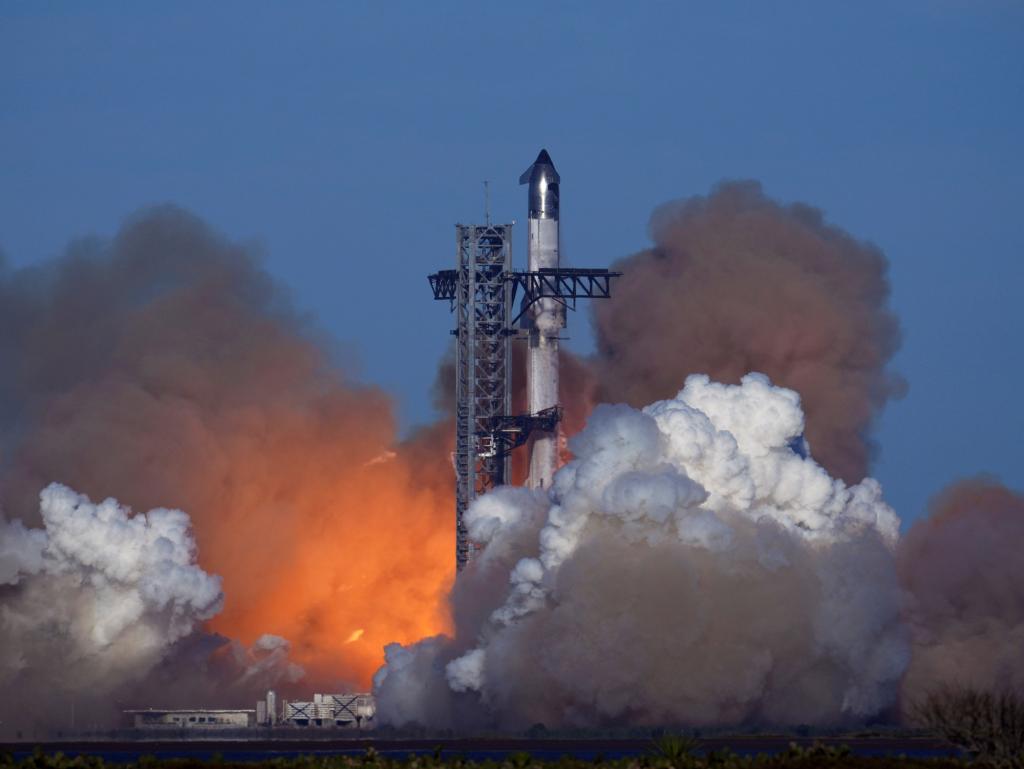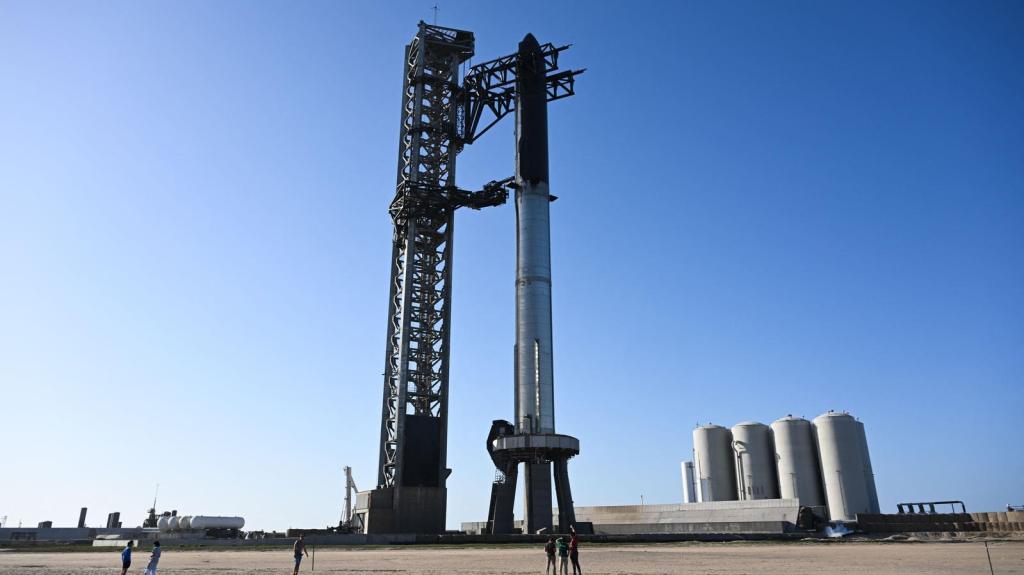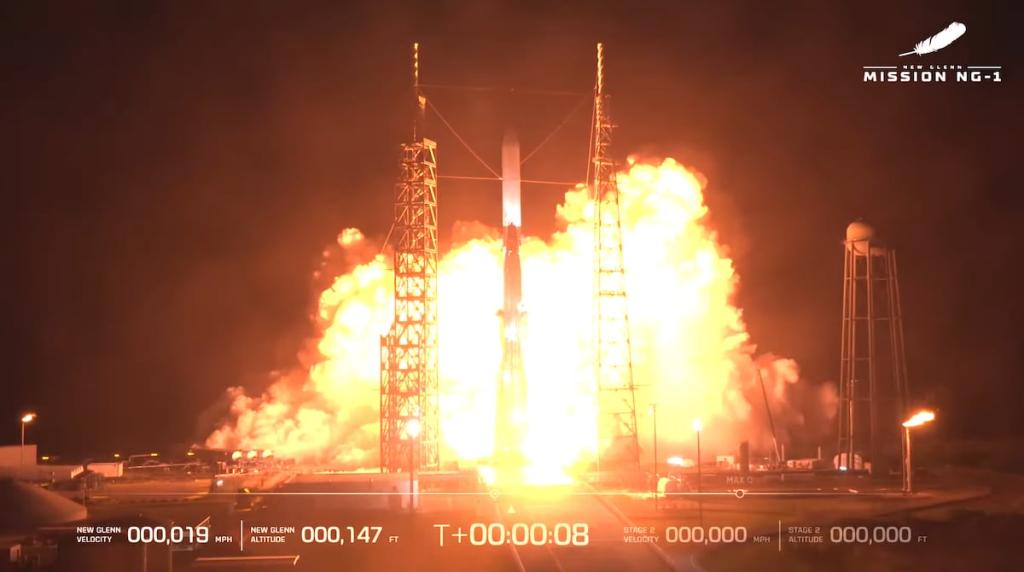Metallic Ring Falls in Kenya Highlighting Space Debris Risks
A metallic ring from space crash-landed in Kenya, raising urgent concerns about the growing threat of space debris and safety regulations.
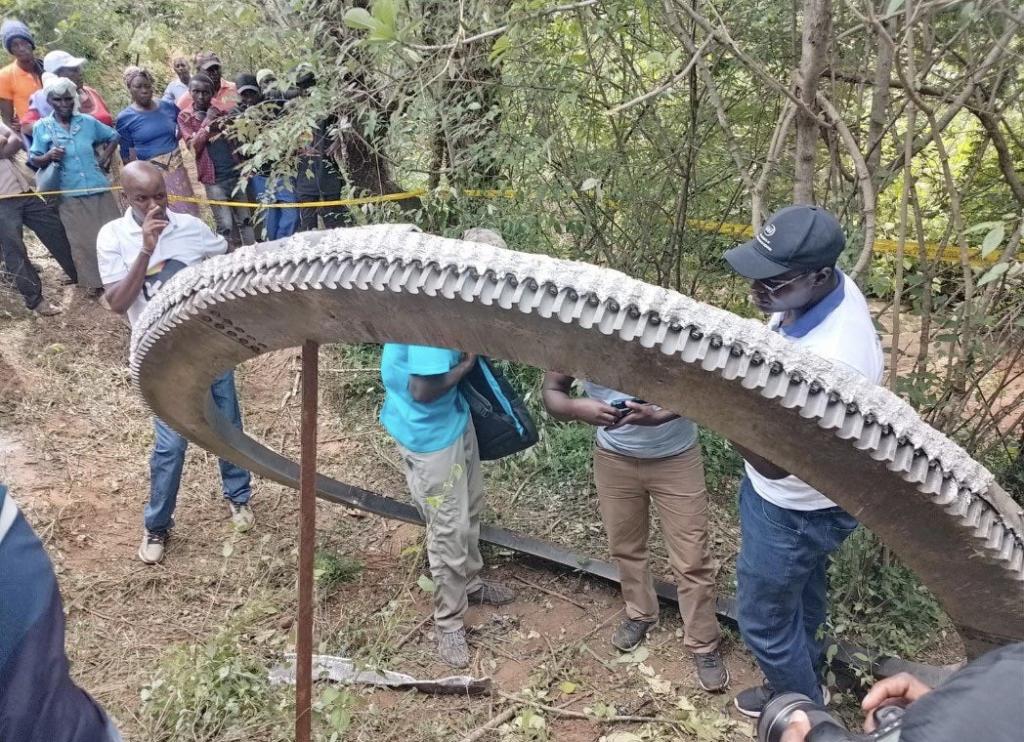
Key Points
- A 500kg metallic ring from space crash-landed in Mukuku, Kenya, highlighting the urgent issue of space debris management.
- The Kenyan Space Agency is investigating the origin of the object, which likely came from a space launch vehicle.
- This incident underscores the growing risks associated with increasing space launches and the need for stronger international safety regulations.
In a scene that could only be described as curious and alarming, a massive metallic ring fell from the sky, landing in the serene village of Mukuku in southern Kenya. On December 30, 2024, residents were taken aback by the arrival of this object, which is estimated to weigh around 500 kilograms and measure approximately 2.5 meters in diameter. While no one was injured in this unprecedented event, it raised significant safety concerns and sparked a conversation about the growing issue of space debris.
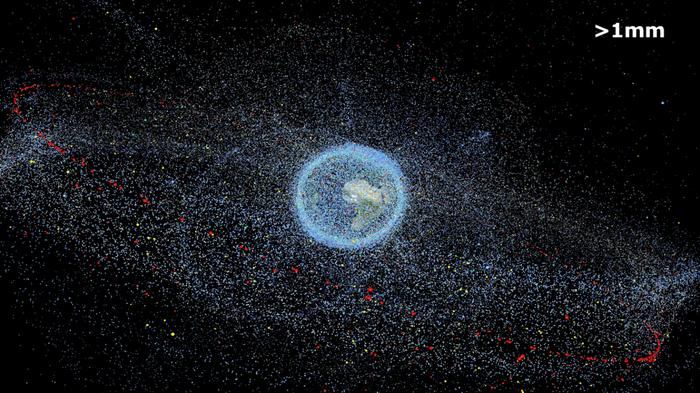
The Nature of the Object
According to the Kenyan Space Agency (KSA), preliminary investigations suggest that the metallic ring is likely a component of a space launch vehicle. The agency's spokesperson emphasized that such objects are designed to either burn up upon re-entry into the Earth's atmosphere or land in uninhabited areas, such as vast oceans.
Unfortunately, this object didn’t adhere to those safety protocols, prompting immediate concern amongst local officials and residents. KSA officials reported that the ring had jagged edges and appeared to have been constructed with connecting segments, which could indicate its functional purpose during space missions.

The Growing Dilemma of Space Debris
While some might view this incident as isolated, it underscores the increasingly troubling issue of space debris. As global space exploration expands—with an average of 130 launches annually from 2018 to 2022 and a record 250 launches in 2024—more objects are entering Earth's orbit and the potential for them to fall back to the surface grows.
, a reputable astrophysicist, has highlighted this risk by noting that while most debris burns upon re-entry, the risk of collisions and accidents remains high. In fact, incidents involving space debris have affected various parts of the globe over the years. For instance, in March 2023, a piece of space debris punctured a residence in Florida, leading to a lawsuit against NASA, illustrating the immediate dangers posed by such occurrences.
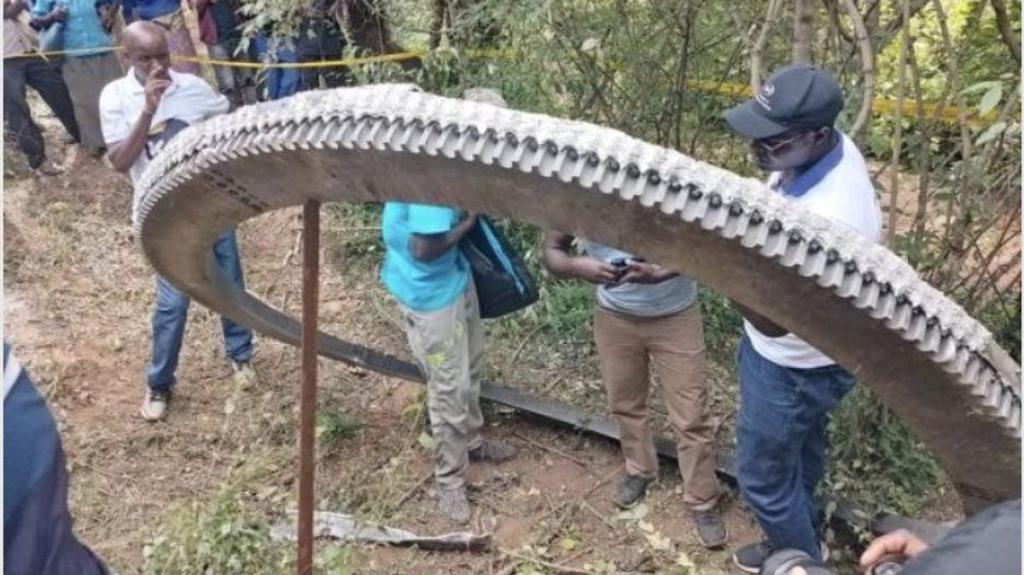
Global Perspectives and Legal Implications
The Mukuku incident has prompted calls for more robust international regulations governing space activities. As KSA officials work to identify the owner of the metallic ring—which could have been part of a rocket launch from any number of countries—the need for clear accountability is crucial. There are established legal mechanisms under international law that govern such situations, but enforcement remains a challenge.
As the frequency of space debris incidents increases, the international community may need to prioritize discussions on space traffic management. With millions of debris fragments zipping around at high speeds, the risk of catastrophic collisions grows daily. Numerous organizations, including the
and NASA, are already monitoring this threat, but progress on sustainable solutions is slow.
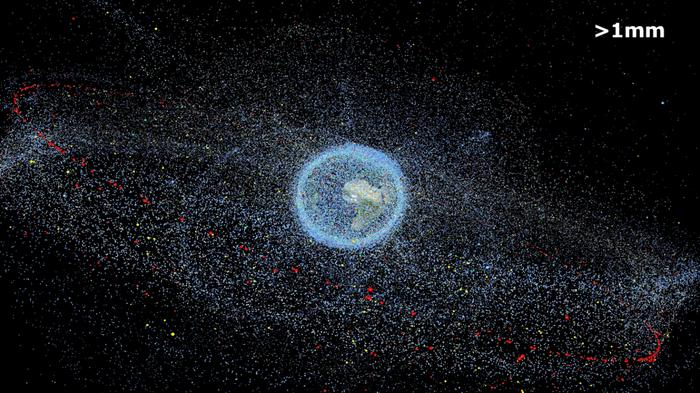
Looking Ahead
As technology advances and space exploration becomes more accessible, it is essential to remain vigilant about the risks of space debris. While this incident in Mukuku, Kenya, was fortunately without injuries, it serves as a wake-up call to address the urgent need for better safety measures and international collaboration regarding debris management.
The conversation surrounding space debris and safety is more relevant than ever, and proactive steps must be taken to mitigate risks. As countries continue to launch missions into space, recognizing and addressing the implications of falling debris will be critical to ensuring the safety of our planet and its inhabitants.
